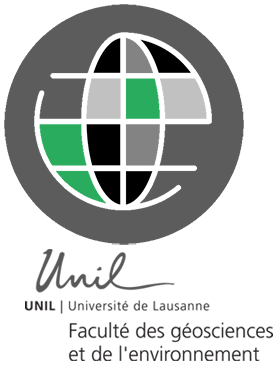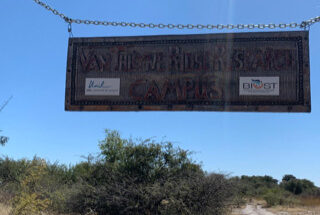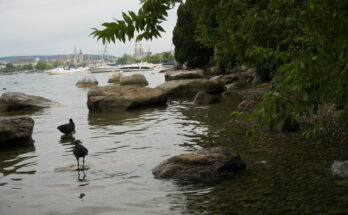Cette publication est également disponible en :
![]() Français
Français
Morgane Müller-Roux, 27th September 2021, Institute of Geography and Durability (IGD)
Tourism and more precisely tourism’s practices were defined between 1800 and 2000, or more than two centuries ago, as a break with everyday life where traveling and the practice of other places were essential. This distinction between the daily and the non-daily was maintained by the difficulty of maintaining communications and connections with relatives who remained at home. Henceforth, the ubiquity and generalization of the means of communication and information call into question this foundational discontinuity of tourism; this assertion will be discussed and analyzed throughout this thesis.
Indeed, global mobility coupled with digital technologies raises new issues regarding human relations, which can now be continuously maintained even when people are separated by a great distance. In this context, a new form of tourist practice is emerging: disconnecting from all forms of information and communication technologies (ICT) in order to escape daily life. National parks seem to offer the perfect space for people to get “away from it all”, as the wilderness is becoming increasingly important within the tourism industry precisely because it symbolises a break from the stress of daily life.
This study, carried out in Banff National Park (Canada) will attempt to illustrate these new ways of dealing with nature. This thesis also highlights the fact that strong tourist imaginaries of nature as well as the use of social networks implies new strategies to capture the materiality of the wilderness and, in the process, creates new ways of engaging with it. Photographic performances are then produced in a very particular way in order to be shared with the rest of the world while still conforming to the imaginary as produced by social media and simultaneously reproducing it. In sum, this work will underline the importance of understanding how the omnipresence of ICTs produces new nature tourism practices.



